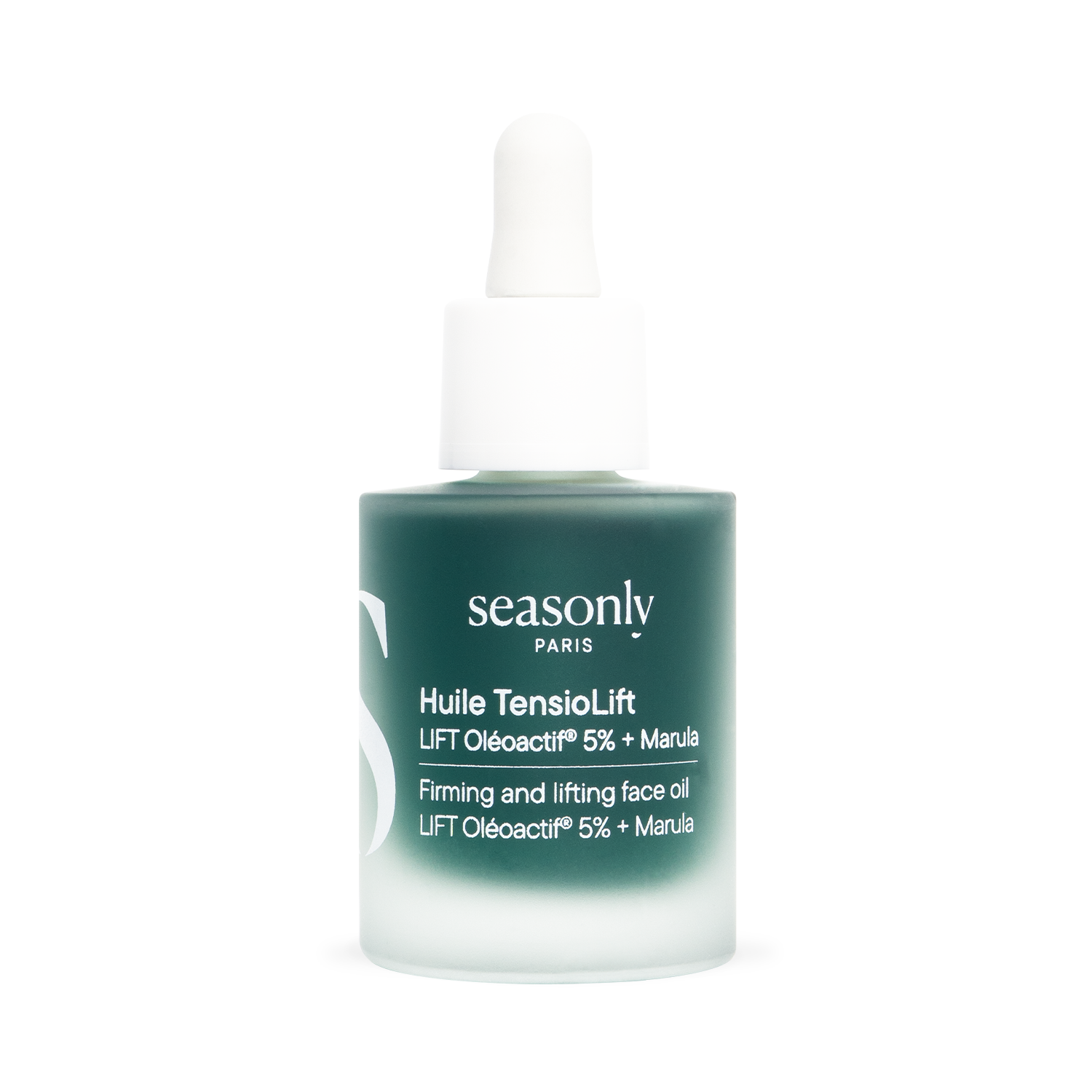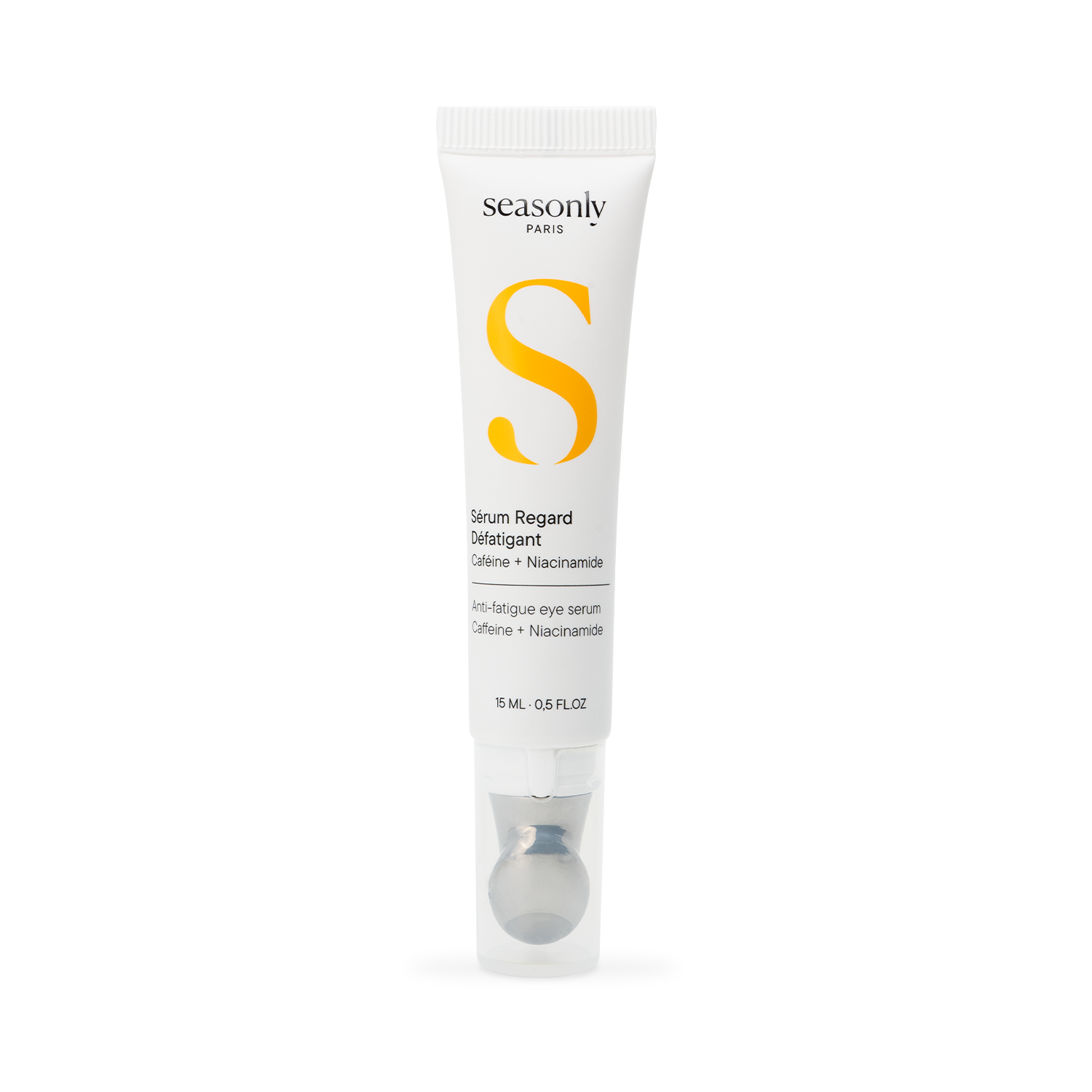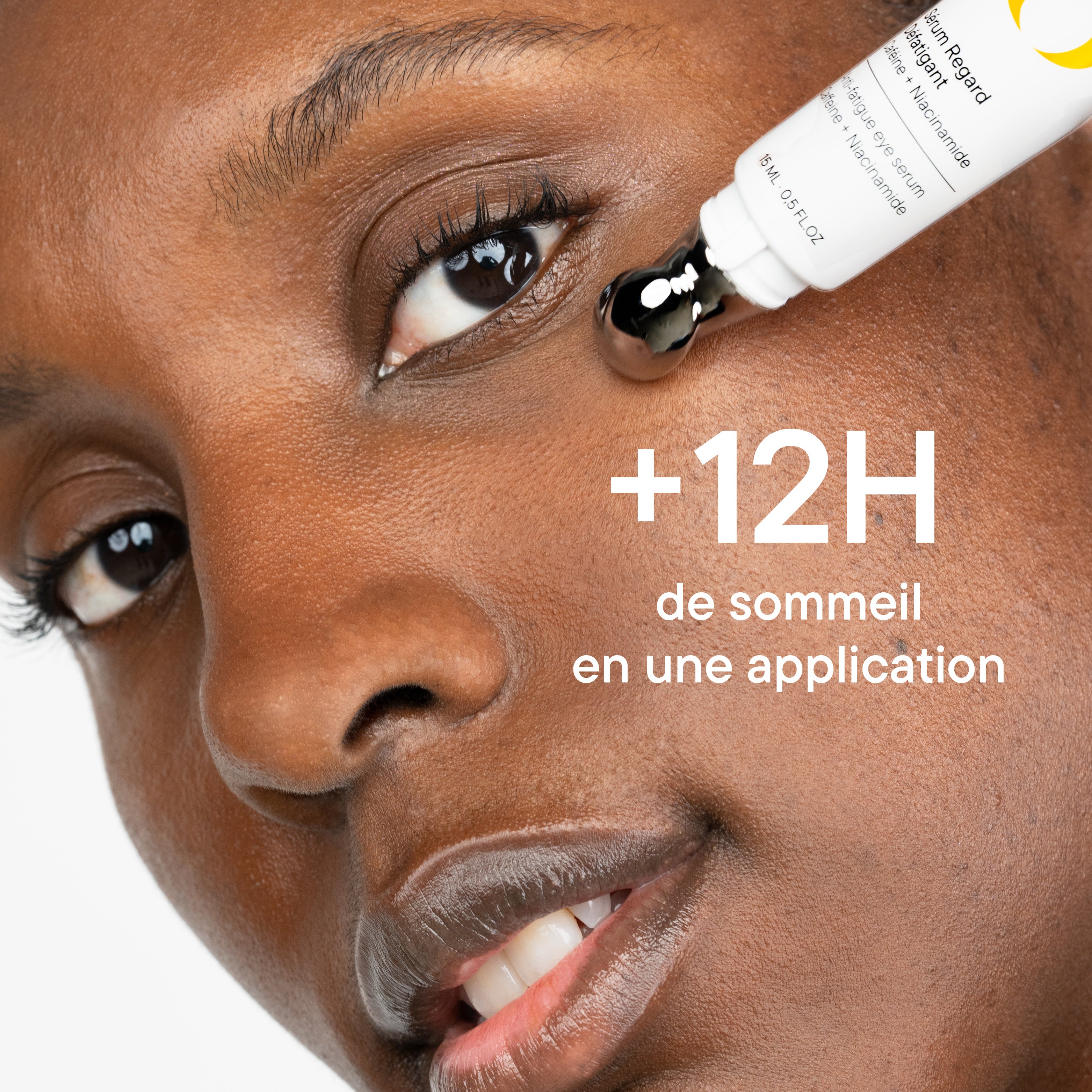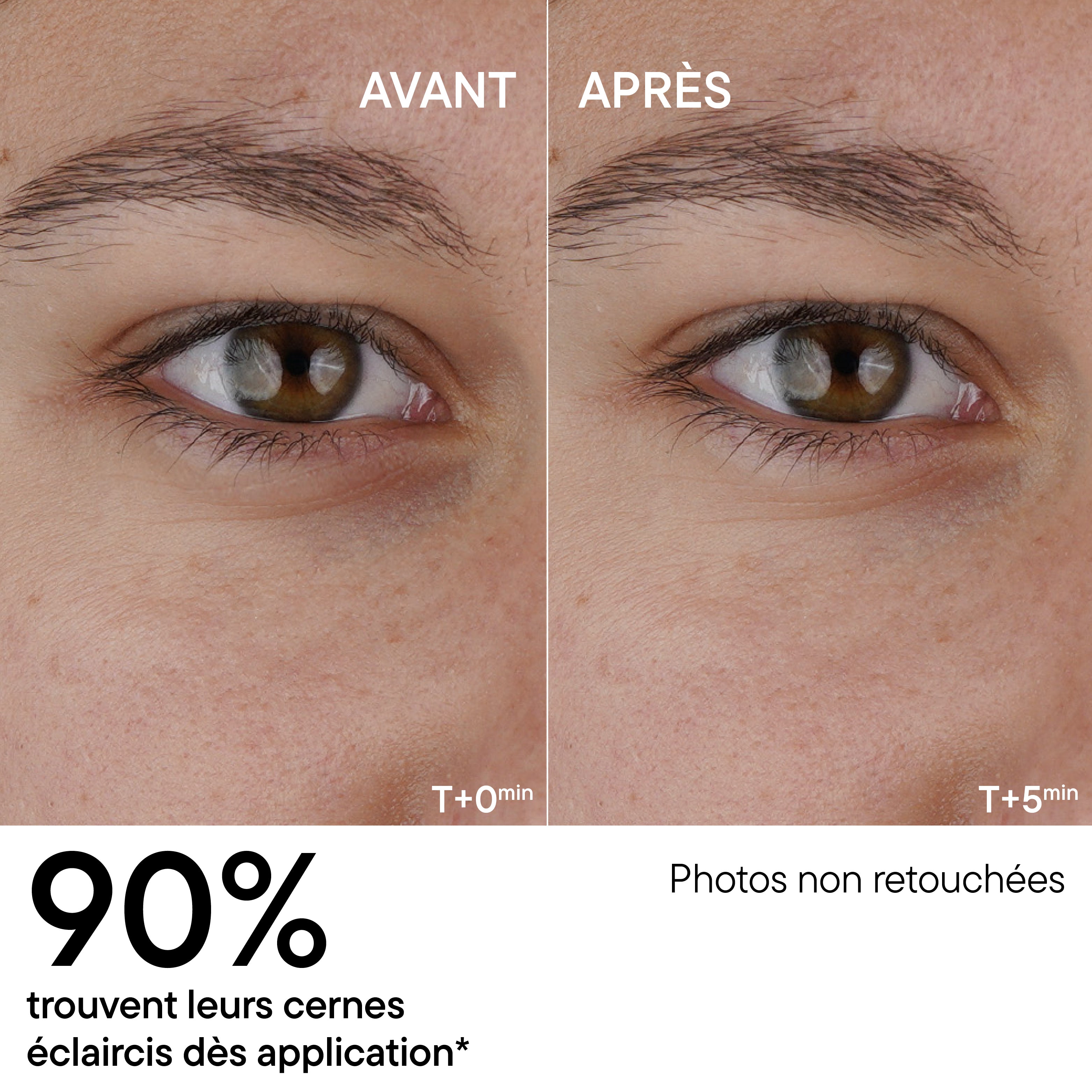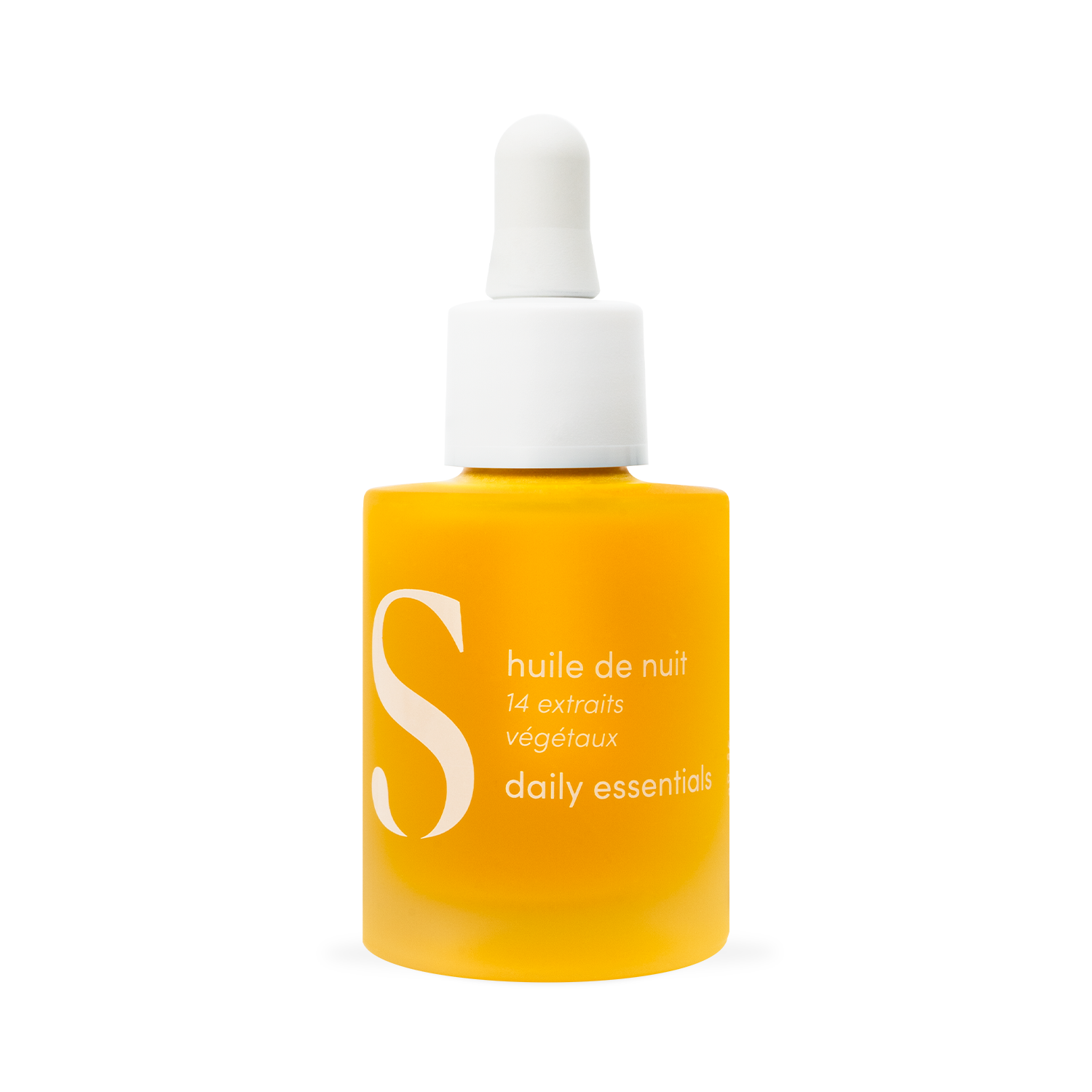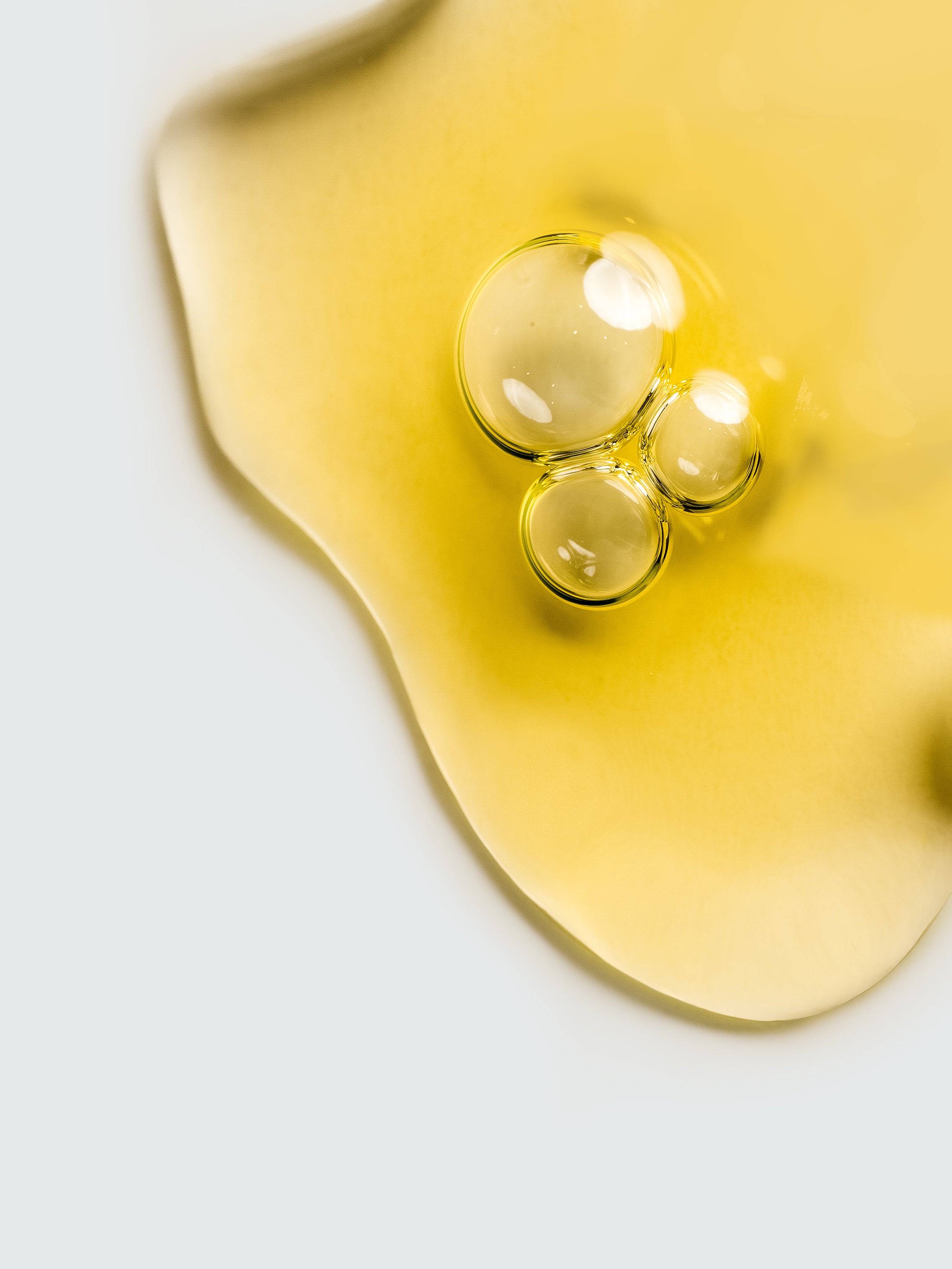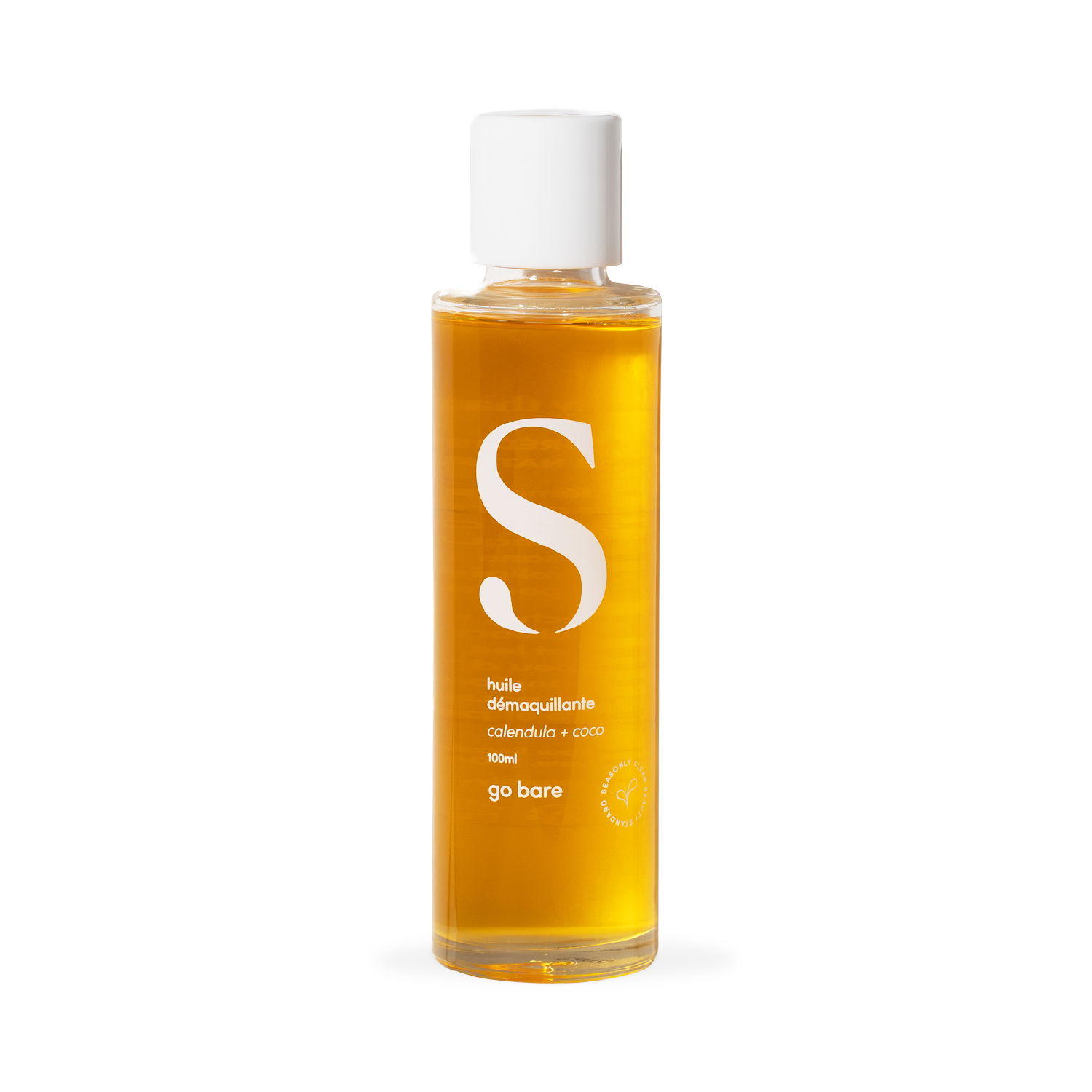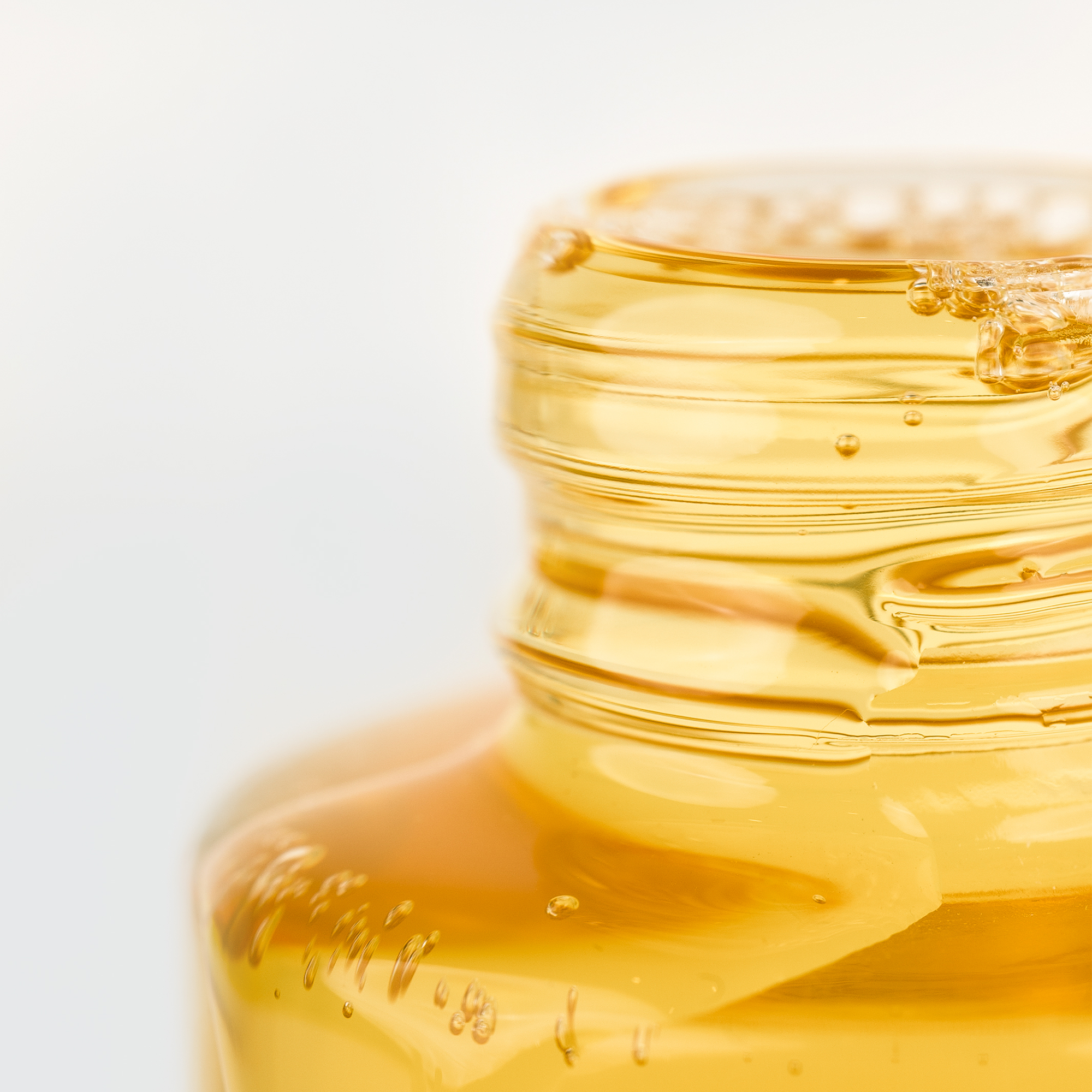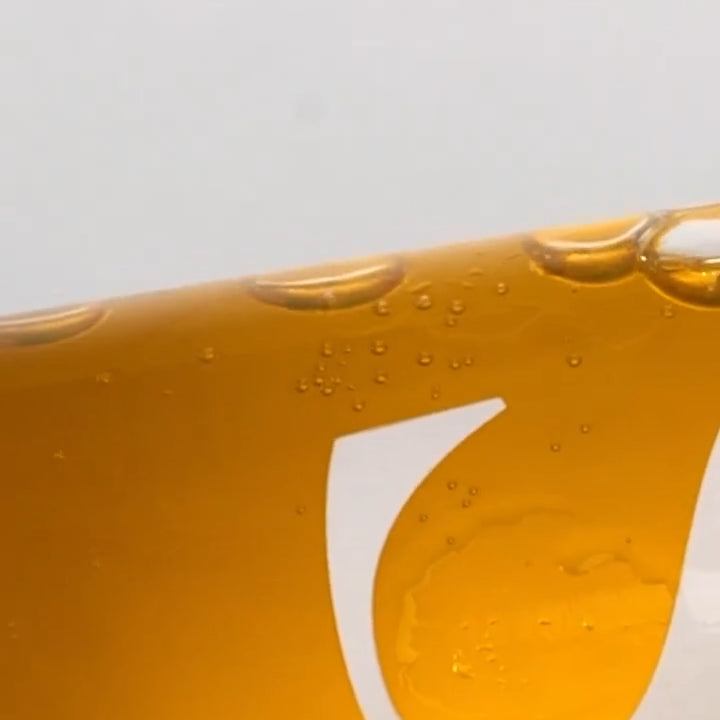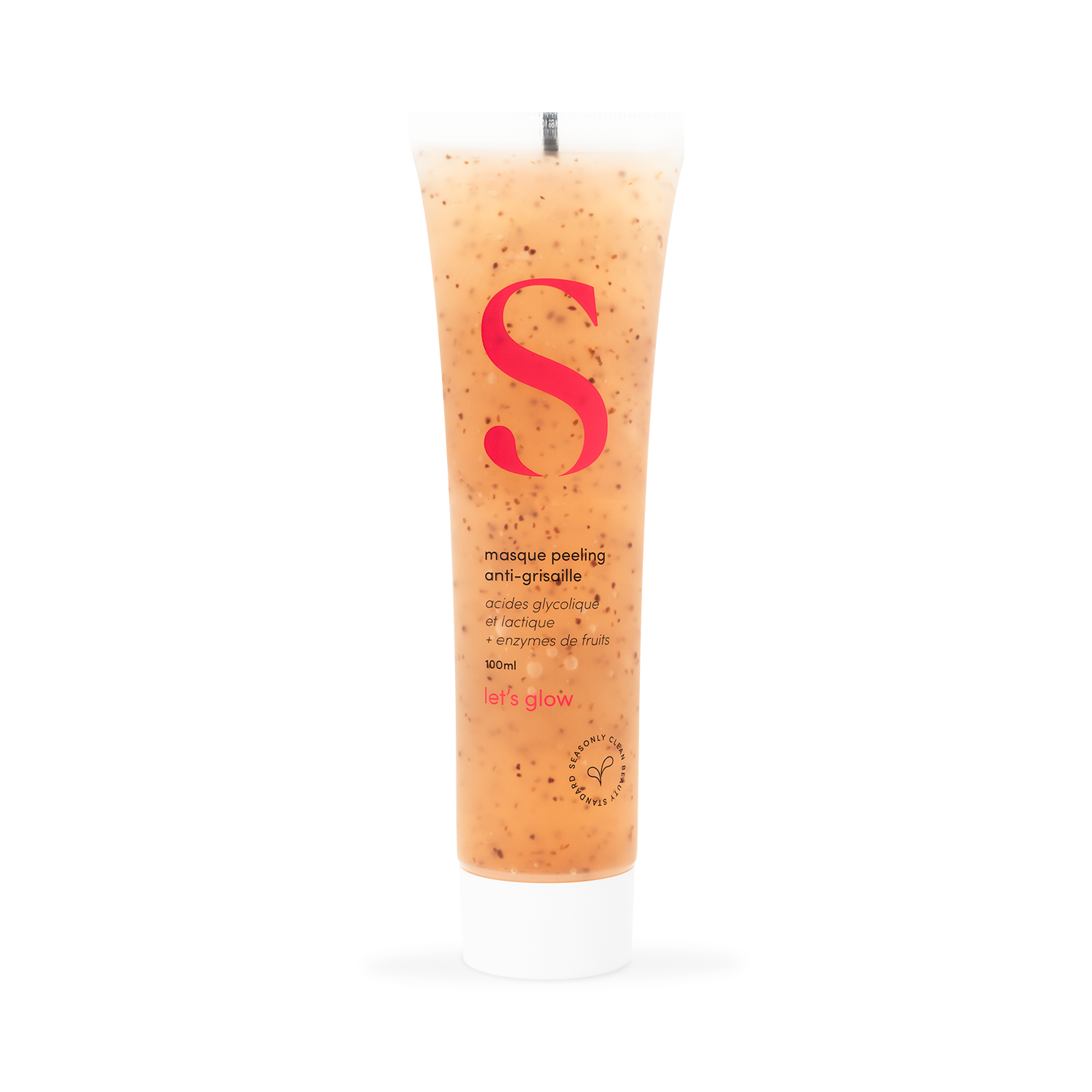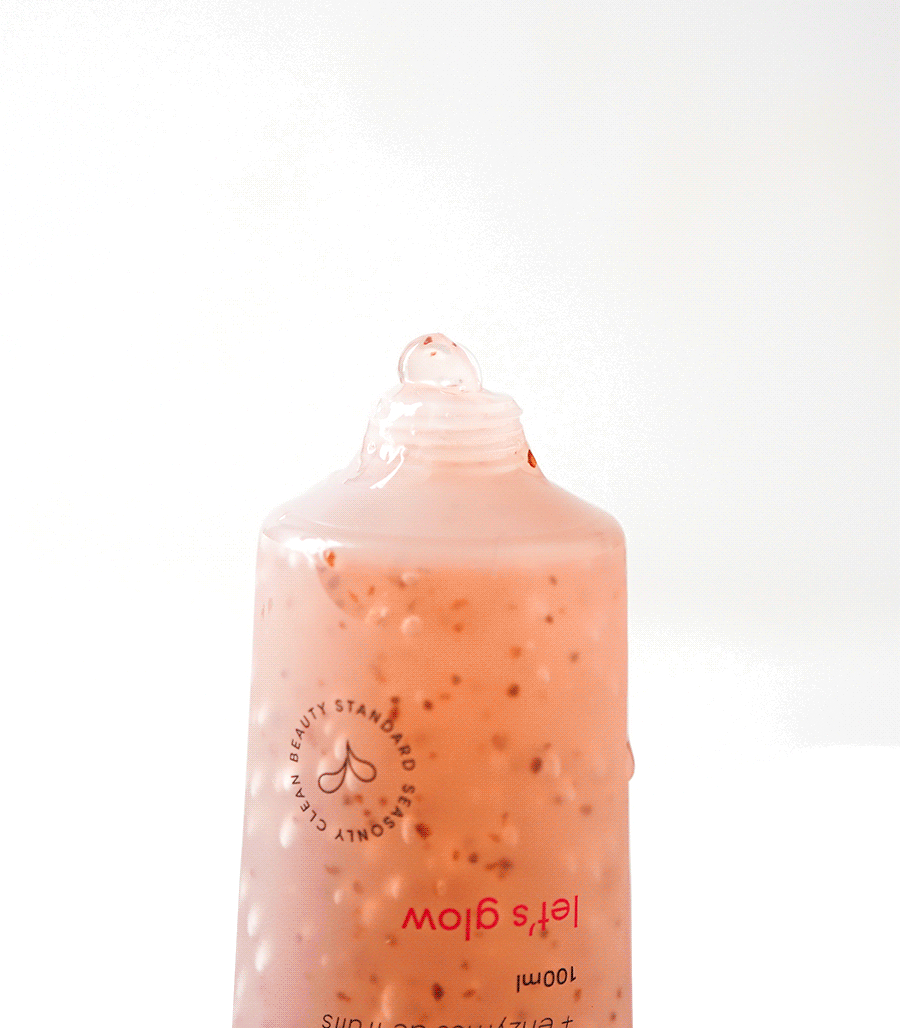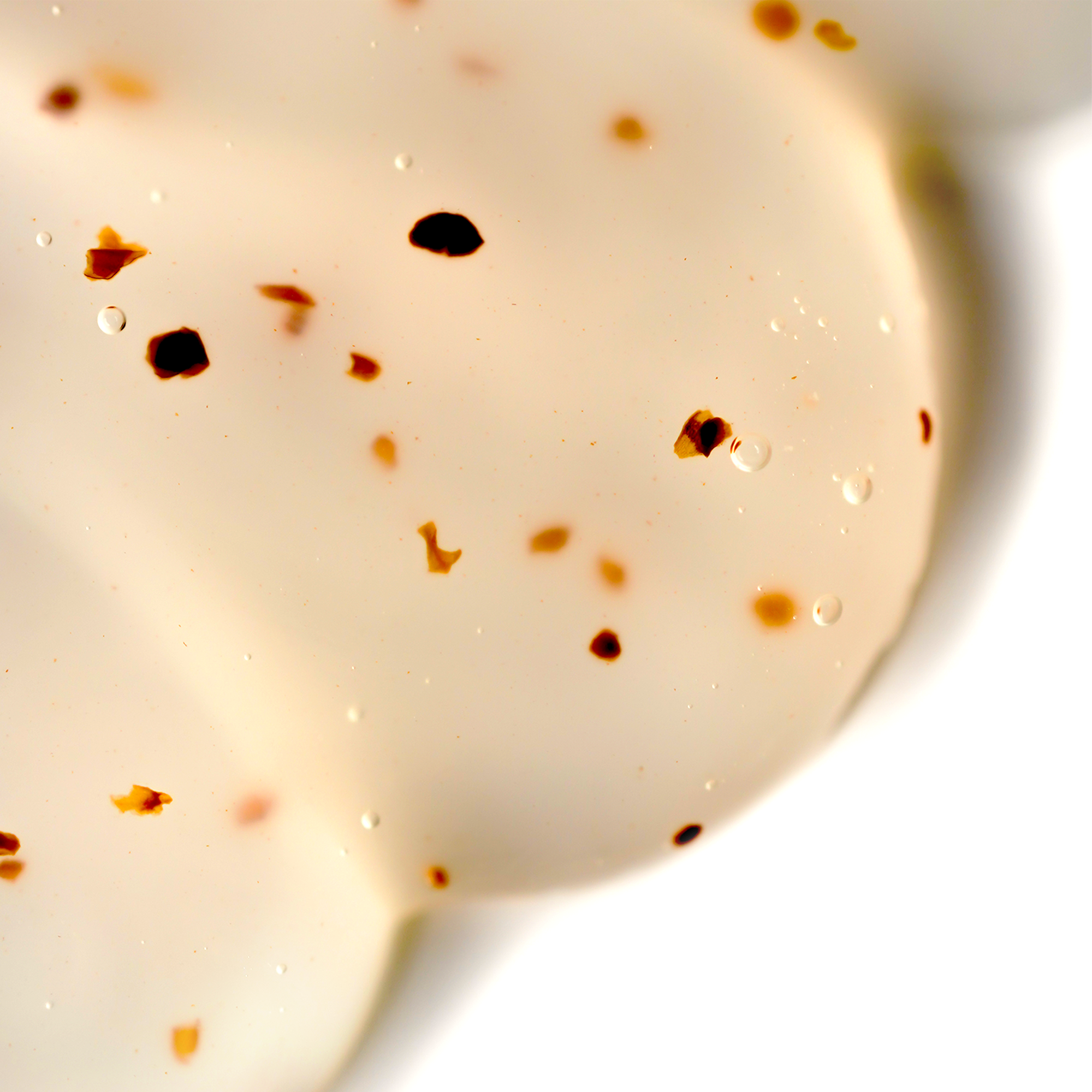Homemade recipes: good or bad idea for your skin?
With summer in full swing, temperatures are rising, days are getting longer, and beauty trends are taking an adventurous turn. In hot weather, homemade recipes are making a comeback, from lemon to brighten your hair to milking grease for a Punta Cana-style tan, we see it all.
But behind these grandmother's tips are hidden beauty secrets or should they be avoided like the plague? We dive into the world of DIY beauty to sort out the truth from the lies and discover which homemade recipes deserve a place in your skincare and haircare routine this summer.
Lemon on hair: not such a good idea
Lemon, the iconic summer fruit, is often touted for its lightening properties. Its vitamin C and natural acids are said to give hair a boost of radiance, with the promise of lighter, brighter locks. However, the reality is a little more complex.
While lemon can provide a temporary lightening effect, its acidity can also dry out and weaken your hair, making it more susceptible to damage and breakage. Therefore, its use is strongly discouraged. If you want to lighten your hair naturally, opt instead for moisturizing actives like honey, lavender oil or chamomile oil.
Milking grease: The product to avoid this summer
The idea of using milking grease as a tanner is a relic of ancient times, based on often controversial practices. Although milking grease was once used to intensify tanning, it is no longer recommended today. Milking grease offers no protection from UV rays and can increase the risk of burns and skin damage.
Our recommendation? Instead, opt for tanning preparations designed to activate melanin production while protecting your skin from the harmful effects of UV rays. We suggest our Tan Boost Oil , a two-phase oil with a formula inspired by food supplements to optimize your tan. Enriched with Thalitan and Karanja, it stimulates melanin production even without sun exposure, while protecting your skin and prolonging your tan. Be careful, this oil does not contain SPF; so always be sure to apply an SPF before or at the same time as your oil, depending on your skin type.
Honey and avocado masks: a sure-fire good idea
Unlike questionable recipes, honey and avocado masks, for example, are classics that deserve a place in your routine. Honey, with its antibacterial and moisturizing properties, combined with avocado, rich in essential fatty acids, offers deep hydration and radiant softness to the skin. These natural ingredients are not only safe but also effective, providing real benefits without compromising the health of your skin.
Sugar and coconut oil exfoliation: yes for the body, no for the face
Another DIY to consider is a homemade sugar and coconut oil scrub. This combination creates a gentle yet effective scrub that removes dead skin cells and leaves skin feeling soft and smooth. The sugar acts as a natural exfoliant, while the coconut oil hydrates and nourishes. This DIY recipe is great for the body, where skin is thicker, but we don’t recommend it for the face. Sugar can be too abrasive for delicate facial skin, and the coarser grains can cause irritation. Additionally, coconut oil can be comedogenic and clog pores, which could lead to breakouts. For the face, we recommend chemical exfoliation scrubs containing fruit enzymes and plant oils, like our New Skin Mask .






